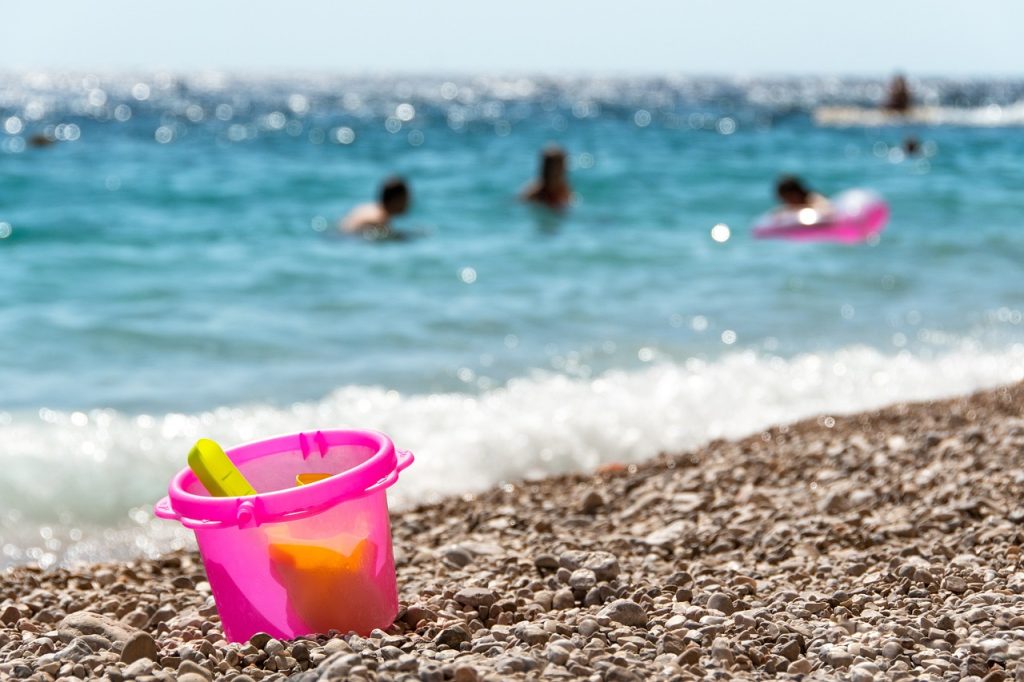June the 23rd, 2023 – The Croatian Health Ministry has released a statement as we enter the hot months of summer as the cases of melanoma are unfortunately but understandably on the increase.
As Poslovni Dnevnik writes, as we’re now officially at the beginning of summer, the Croatian Ministry of Health has issued a warning about the importance of responsible behaviour in the sun.
Melanoma mortality in Croatia is very high
Croatia enjoys a huge amount of hours of sunshine per year, and while for many people that is a strong point, the risk and incidence of skin cancer is also extremely high. The Croatian Health Ministry has stated that Croatia is unfortunately in seventeenth place in terms of incidence and in fourth place in terms of mortality from melanoma in the European Union.
Many people still aren’t protecting themselves from UV rays
According to statistical indicators, more than a third of Croatia’s resident don’t bother to protect themselves from the sun and from harmful UV rays.
“Direct exposure to the sun increases the possibility of melanoma developing, and the incidence of skin cancer is increasing. Therefore, we’re continuing with our public health campaign for the early detection of melanoma, which will be held on the island of Korcula”, said Minister of Health Vili Beros.
Campaigns for early detection save lives
Last year’s campaign was held on Brac, where 1968 individuals were examined, and a shocking 43 melanomas, 57 epidermal skin cancers and 72 atypical nevi were discovered.
“These figures indicate a low awareness of the risk factors for the development of melanoma, as well as the fact that islanders are exposed to a greater amount of UV radiation as well as a greater number of sunshine hours during the year,” the minister emphasised in the press release.
This disease most often appears at the age of 50 and later and appears to develop more often in men, except in the age group between 18 and 35 when it is more common in women.
National screening plan for Melanoma
The Croatian Health Ministry is working intensively on the adoption of the National Screening Plan for the Prevention and Early Detection of Melanoma, which will be the seventh National Preventive Programme intended to further strengthen prevention and timely detection of the disease as well as improve treatment outcomes.
“We needlessly lose the health and lives of people due to the late detection of melanoma. At the same time, we’re losing more than 30 million euros on the treatment of patients whose lives can be saved, and this money could be directed to the additional improvement of prevention measures,” the minister pointed out.
He urged chronically unwell patients and the elderly to be even more cautious due to the predicted extremely high temperatures, given that climate models predict longer, more intense and more frequent heat waves going forward.
Heat waves require increased attention, especially for older people, cardiovascular and pulmonary patients, children and other higher risk groups. Not to mention those who have already had and overcome cancer, particularly skin cancer.
Extremely high temperatures can cause the risk of arrhythmia and infarction, as well as painful burns and allergic reactions to the sun, warned Beros.










